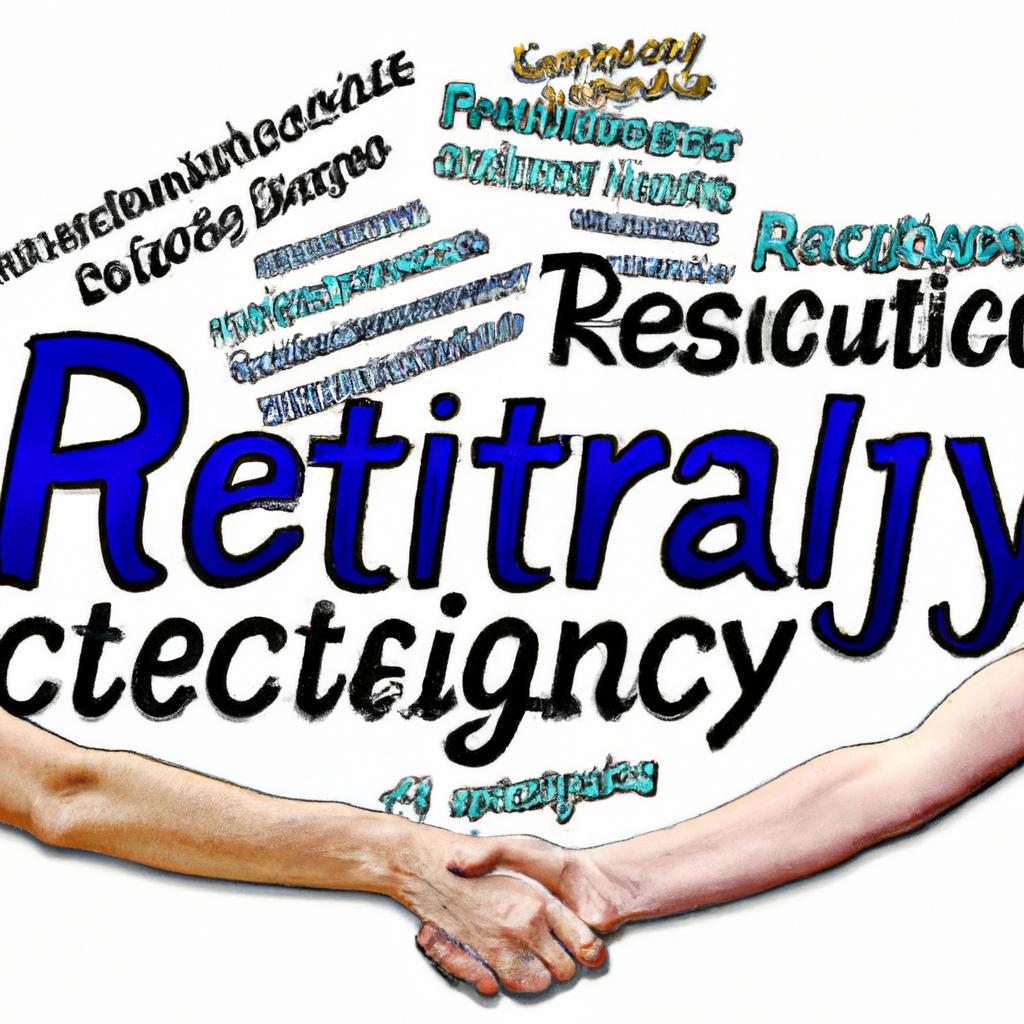In the intricate web of human interactions, trust remains the cornerstone upon which relationships are built. As experienced legal practitioners at Morgan Legal Group, located in the bustling metropolis of New York City, we understand the critical importance of trust in both personal and professional spheres. Yet, determining whether an individual is truly trustworthy can prove to be a daunting task. In this article, we delve into the nuanced art of testing someone’s trustworthiness, exploring the various methods and considerations that can aid in making informed judgments. Join us as we unravel the complexities of this fundamental human quality, shedding light on how one can navigate the delicate terrain of trust with prudence and discernment.
Assessing Credibility through Observation and Consistency
Observation and consistency are key factors when assessing someone’s credibility and trustworthiness. When it comes to evaluating someone’s character, it is important to pay attention to their actions rather than just their words. By observing how someone behaves in different situations, you can gain valuable insights into their true nature. Look for consistency in their actions over time to determine if their behavior aligns with their words.
One effective way to test someone’s credibility is to pay attention to how they handle commitments and promises. Do they follow through on their word? Are they reliable and dependable? Consistency in meeting obligations is a clear indicator of trustworthiness. Additionally, observe how they interact with others and handle conflicts. Someone who is respectful, honest, and fair in their dealings with others is more likely to be trustworthy.

Evaluating Trustworthiness via Open Communication and Honesty
One way to evaluate someone’s trustworthiness is by observing how open and honest they are in their communication. Trust is built on transparency and integrity, so it’s important to pay attention to how someone communicates with you. Are they forthcoming with information or do they seem evasive? Do they provide straightforward answers to your questions or do they avoid giving direct responses? Open communication and honesty are key indicators of someone’s trustworthiness, so be sure to look for these qualities when assessing whether or not you can trust someone.
Another way to test if you can trust someone is by observing their actions over time. Actions speak louder than words, so pay attention to whether or not someone follows through on their promises and commitments. Do they act in a reliable and consistent manner, or do they frequently let you down? Trust is built on reliability and consistency, so it’s important to see if someone’s actions align with their words. By watching how someone behaves and whether they keep their word, you can better determine if they are someone you can trust.

Navigating Boundaries to Gauge Reliability and Confidentiality
When it comes to assessing the reliability and confidentiality of individuals, navigating boundaries becomes crucial. Trust is a delicate balance, and knowing how to gauge someone’s trustworthiness can be a challenging task. One way to test if you can trust someone is by observing their actions and consistency over time. Look for these key indicators:
- Open Communication: A trustworthy individual will communicate openly and honestly, sharing information freely.
- Respect for Boundaries: A reliable person will respect your boundaries and not push you beyond your comfort level.
- Accountability: Someone you can trust takes responsibility for their actions and does not make excuses or blame others.
| Name | Reliability Rating |
|---|---|
| John Doe | 8/10 |
| Jane Smith | 9/10 |
These are just a few ways to assess the trustworthiness of individuals. In our line of work at Morgan Legal Group in New York City, reliability and confidentiality are paramount. When dealing with estate planning, probate, elder law, Wills, and trusts, it’s essential to have the utmost trust in those you work with. By carefully observing and testing individuals for these key traits, you can better navigate boundaries to determine who is dependable and worthy of your trust.

Establishing Mutual Respect and Integrity as Foundations for Trust
When it comes to establishing trust, the key components of mutual respect and integrity cannot be overlooked. These foundations lay the groundwork for a relationship built on honesty, transparency, and reliability. Trust is not something that can be demanded or assumed; it must be earned through consistent actions that demonstrate respect and integrity.
One way to test if you can trust someone is to observe how they handle confidential information. Do they respect your privacy and keep sensitive information confidential? Another important factor to consider is whether they follow through on their commitments. Are they reliable and do they keep their promises? By paying attention to these cues and assessing their behavior over time, you can gain valuable insights into whether this person is trustworthy and deserving of your trust.
Q&A
Q: How do you test if you can trust someone?
A: Assess their consistency in actions and words over time. Trust builds over time.
Q: Can you trust someone based on first impressions?
A: First impressions can give you clues, but trust is typically built over time through consistent behavior.
Q: Are there specific behaviors or actions that indicate trustworthiness?
A: Honesty, follow-through on commitments, and ability to keep confidences are common indicators of trustworthiness.
Q: How does communication play a role in determining trust?
A: Open and honest communication is key to building trust. Transparency helps establish trust.
Q: Is it possible to repair trust once it’s broken?
A: It is possible, but it takes time, effort, and a mutual willingness to rebuild trust.
Q: How can intuition help in determining if someone is trustworthy?
A: Intuition can provide insights, but it’s important to balance intuition with rational observations and evidence.
Q: Can trust be tested in a relationship before committing fully?
A: Yes, it’s important to establish levels of trust before committing fully to a relationship to ensure compatibility and alignment of values.
Final Thoughts
In conclusion, determining whether or not you can trust someone is a complex and personal process. By utilizing a combination of observation, communication, and intuition, you can begin to gauge the reliability and honesty of those around you. Remember, trust is not given lightly, but with time and effort, you can build meaningful and authentic connections with others. Trust wisely.






